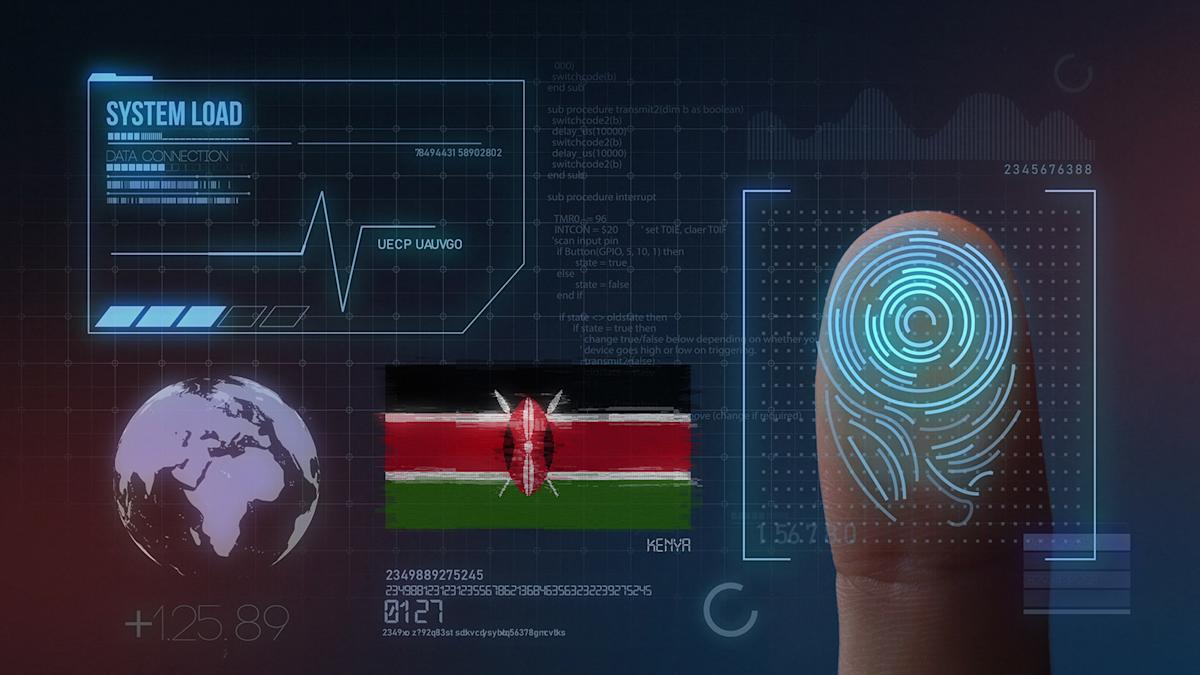Kenya's Ministry of Investments, Trade and Industry is spearheading a new initiative aimed at implementing a mandatory digital identification system.
Numerous reports from local media suggest that the initiative aligns with the nation's broader vision for digital identification, aimed at simplifying access to both public and private services while enhancing efforts to combat fraud. According to Business Daily, [1] a proposed policy is under review that seeks to bolster oversight of the rapidly growing digital commerce sector in the country. The government has invited the public to submit comments on the draft policy, with a deadline set for July 21, as announced by the Ministry of International Trade and Industry or MITI.
According to the government, [2] the proposed trust mark and digital seller ID system aims to create a systematic framework to support the development, growth, and regulation of e-commerce within the nation. “The State Department for Trade hereby seeks to subject the draft policy to public participation so as to elicit the views of industry players, citizens, as well as other interested parties,” said the statement
Kenya has established [3] a national digital ID system known as Maisha Namba, which the government regards as the cornerstone for all digital transactions. Now in its third year of implementation, the initiative has been touted as successful by authorities. However, it continues to grapple with significant challenges, including concerns regarding exclusion and data privacy. Leo Kipkogei Kemboi [4] who is a blogger for [5] The Institute of Economic Affairs said, “The Maisha Namba digital public goods system is meant to significantly advance Kenya’s identity management by streamlining verification processes, enhancing security, and improving service delivery. The Registration of Persons Rules, 2024, have addressed privacy concerns by limiting biometric data collection.
However, Kemboi also concludes that there are still privacy and surveillance concerns regarding the digital ID legislation, “But serious risks like identity theft and unauthorized surveillance still exist. To foster public trust and encourage voluntary adoption, the government must strengthen legal safeguards, raise public awareness, and promote inclusivity. However, issues regarding whether the necessary investments, protocols to safeguard data, privacy concerns, and access discrimination have been resolved are unclear to the policy or execution teams.”
In March, concerns emerged regarding data privacy, security, and potential exclusion tied to the Maisha Namba digital ID initiative. These issues were highlighted during a recent court hearing concerning a case filed against the Kenyan government by several digital rights advocacy groups, [6] according to a report by The Standard. During a High Court session, expert witnesses provided compelling testimony regarding the weaknesses of the government's ID system. International lawyer Prof. Laura Bingham highlighted significant concerns related to privacy, data security, and inclusiveness.
Professor Bingham specifically noted that contrary to the government's assertions, [7] the digital ID system features a centralized data repository that could serve as a surveillance mechanism to suppress dissenting opinions. “The Maisha Namba system assumes that everyone can prove their Kenyan nationality. But for many communities that have historically struggled to access national IDs and birth certificates, this system will only deepen their exclusion. Proof of nationality is now more critical than ever, yet there are no measures to help millions of undocumented citizens enroll,” said Laura Bingham. Dr Thomas Fisher [8] a senior researcher at Privacy International, also said “You can change your password, but you cannot change your biometrics.” Privacy International also published a document [9] titled The Right to Privacy in Kenya in July 2019. The petitioners are calling on the court to direct the government to take action aimed at ensuring that all Kenyans, particularly those from historically marginalized communities, have access to identification.
